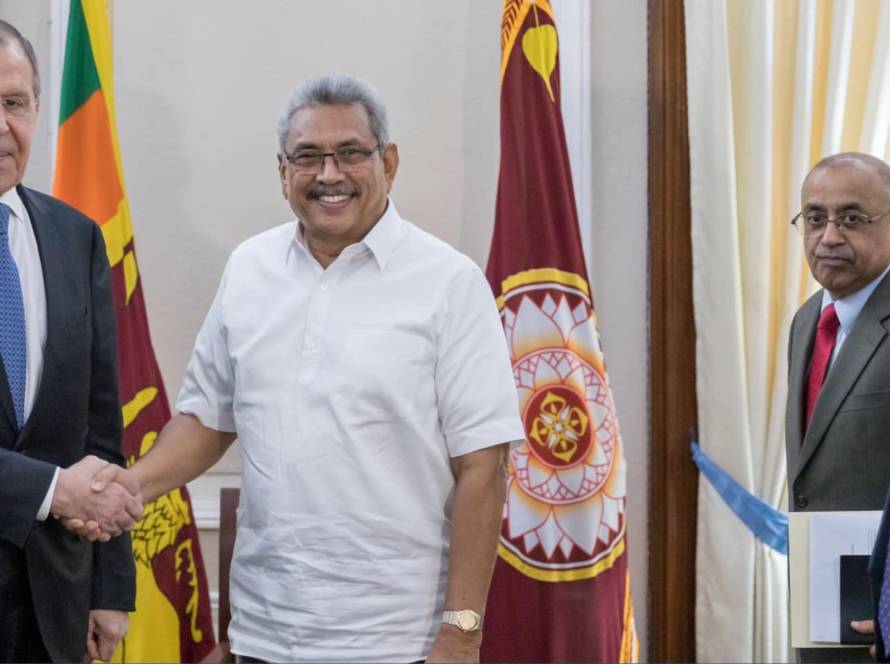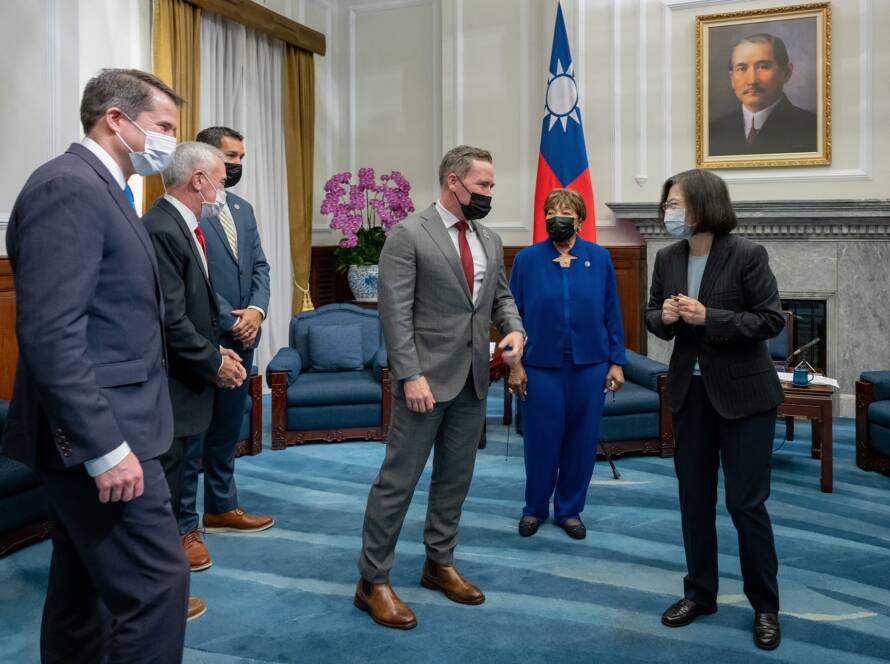By Hannes Romare
Exclusive to Factum from EPIS Thinktank on Foreign and Security Policy
The Chagos Islands, or The British Indian Ocean Territory? Is the Chagos archipelago a part of Mauritius or does it belong to the United Kingdom? These questions will soon get a definite answer as a deal on the status of the Chagos Islands seems to be closed soon. Negotiations between the government of the United Kingdom and the government of Mauritius, over the status of the Chagos Islands, have been ongoing since 2022. The dispute of the islands sheds light on the British colonial legacy and how it still to this day affects its former colonial territories.
Mauritius became a British colony in 1814 after French cessation of the island as part of the Treaty of Paris. In 1968, Mauritius gained its independence. However, while the UK agreed to granting Mauritius its independence in 1968, three years earlier, it had divided its colony and broken off the Chagos archipelago to form a new colony called The British Indian Ocean Territory (BIOT). These islands had been administered as part of Mauritius since the 18th century. The reason for the dividing of the colonial territory lies in the strategic value of the Chagos Islands and its location in the Indian Ocean.
In 1966, the UK had agreed to building a US military base on the largest island of the Chagos archipelago: Diego Garcia. The island was chosen for its strategic location and due to the fact that the Chagos archipelago was “uninhabited”. However, in reality, the Chagos Islands were not uninhabited but instead hosted a population of around 1,500 to 2,000 people who had lived there for centuries. Between 1967 and 1973, the UK and US displaced the Chagossian population by forcing them to move and then preventing them from returning home. The joint UK-US military base is still being used today as a basis for the maintenance of regional stability and humanitarian response.
The British control over the Chagos archipelago is legally contested and controversial. In 2010, The UK established the Chagos Maritime Protected Area (MPA), which is one of the world’s largest officially designated maritime protected areas. The marine reserve covers 640,000 square kilometres of ocean water and around 70 islands and seven atolls of the Chagos archipelago. The maritime protected area protects coral atolls and has one of the healthiest reef systems in the world.
However, in 2010, leaked documents between British and US state representatives showed that the establishment of the Chagos Maritime Protected Area not only served the protection of the environment and biodiversity. The leaked documents showed that representatives from both the UK and the US viewed the establishment of the Chagos MPA as a way to ensure the long-term prevention of the displaced Chagossian population and their descendents from returning to and resettling in the Chagos Islands. The establishment of the Chagos Maritime Protected Area was deemed illegal by the Permanent Court of Arbitration under the United Nations Convention on the Law of the Sea.
Indeed, time and time again, the UK’s control over the Chagos Islands has been judicially contested and denounced. The ICJ stated in 2019 an advisory opinion which read that the UK had to end its administration of the islands and that the decolonisation of Mauritius could not be seen as completed until the Chagos Islands were reunited with Mauritius. As a consequence of the ICJ’s advisory opinion, the UN General Assembly adopted a resolution where they stated that the UK must “withdraw its colonial administration…” from the Chagos archipelago.
Even though the British control over the Chagos Islands has been contested, the UK has been unwilling to give up its control over the archipelago. It is not until now, in 2025, that the UK cessation of the Chagos Islands to Mauritius seems to be near. Despite the seemingly obvious right of Mauritanian ownership of the Chagos Islands, the new deal between the UK and Mauritius, where Mauritius regains control and ownership of the archipelago and the UK gets to lease its military base on Diego Garcia for 99 years with a possible extension of 40 years, has been met with opposition in the UK. Tory-leader Kemi Badenoch has stated that it is not in the British national interest to “give away” the islands to Mauritius.
This kind of rhetoric which insinuates that the cessation of the Chagos Islands is the UK “giving away” rather than “giving back” the islands to Mauritius is problematic. It creates a narrative that denies Mauritius’s historical right to the archipelago and denies the suffering caused to the Chagossians who were forcibly removed from their homes and displaced. The return of the Chagos Islands to Mauritius and allowing the displaced Chagossians to return to their homes is long overdue.
While one can understand that the UK does not want to lose their military base on the strategically placed Diego Garcia, the establishment of the military base was only possible because of the British colonial rule of the area and their forcible displacement of the population of the islands. Also, the UK will be allowed to continue operating the base for at least 99 years, if not 139 years. Therefore, they will not lose their strategic military position in the Indian Ocean. There is no reason to further delay the returning of the Chagos Islands to Mauritius.
The dispute over the Chagos Islands shows that colonialism is not a thing that strictly is in the past. The decolonisation period is not over. The former colonial powers of the world still benefit from their former colonial empires, often at the expense of their former colonies. Mauritius has a right to the Chagos Islands. The Chagossians have a right to be able to return to their homes. It is good that the UK finally is agreeing to cede its control of the Chagos archipelago. As the ICJ stated: The decolonisation of Mauritius cannot be seen as completed until the UK ends its administration of the Chagos Islands and gives them back to Mauritius.
Hannes Romare is a Research Fellow at the EPIS ThinkTank on Foreign and Security Policy. His research focuses on Security and Foreign Policy in Sub-Saharan Africa. He is based in Lund, Sweden. EPIS Thinktank for international foreign and security policy serves as a bridge between students and practice. Students from all disciplines become active through publications in the magazine and blog, delegations at conferences and in contact with practitioners. EPIS engages in political debate, fact-based and neutral.
Factum is an Asia-Pacific focused think tank on International Relations, Tech Cooperation, Strategic Communications, and Climate Outreach accessible via www.factum.lk.
The views expressed here are the author’s own and do not necessarily reflect the organization’s.


